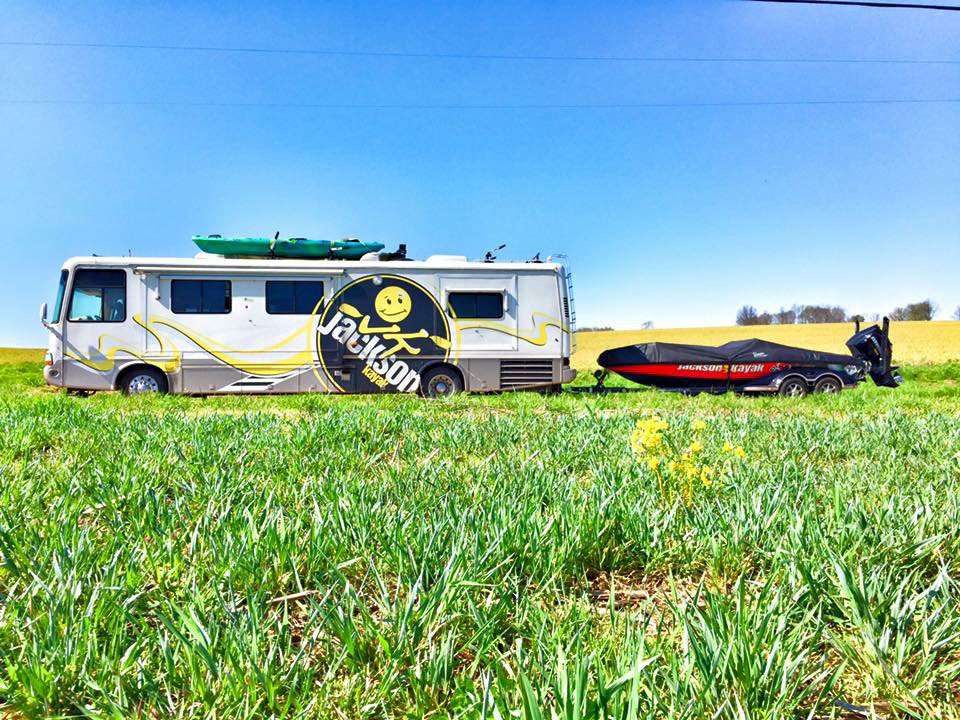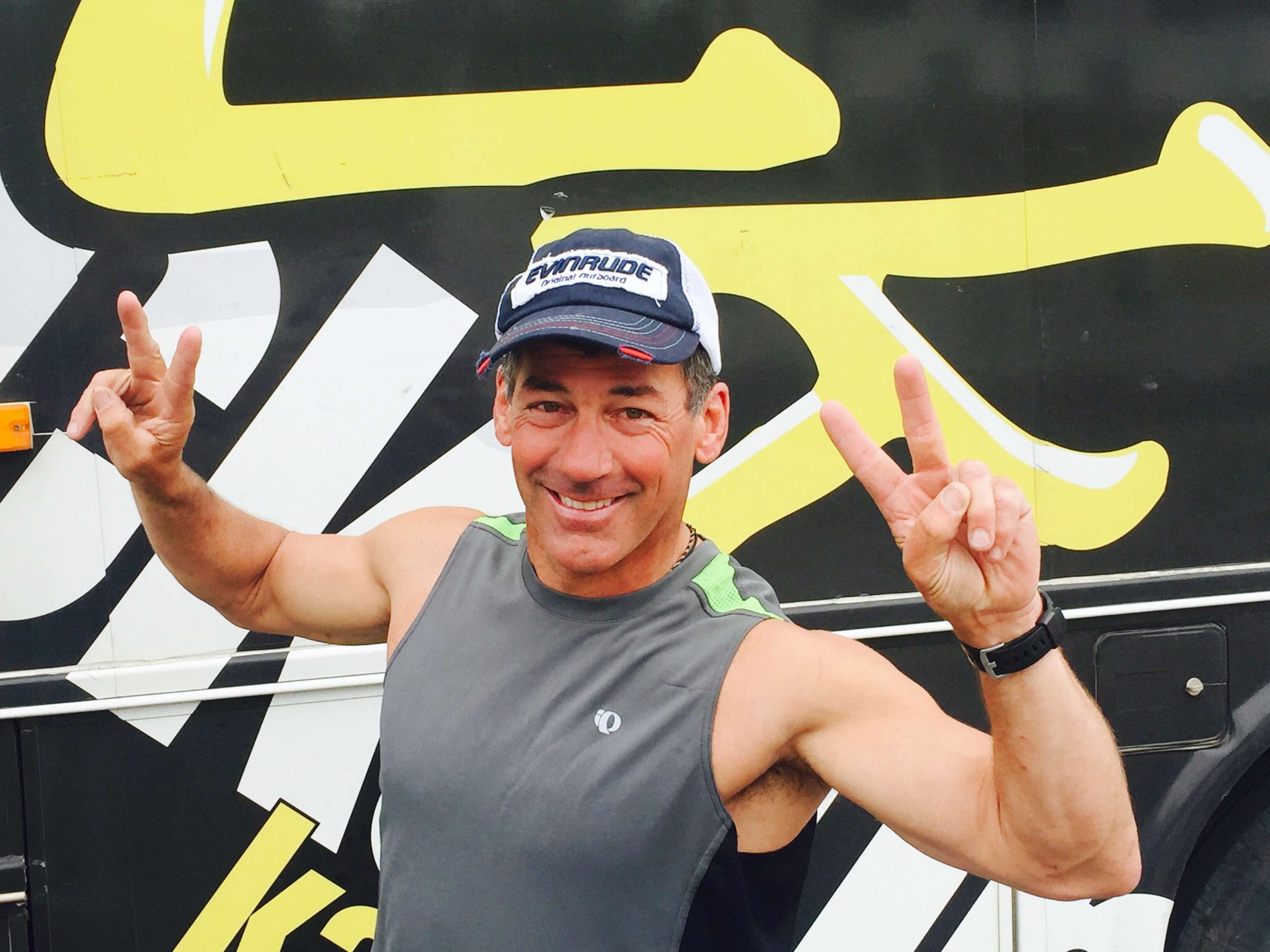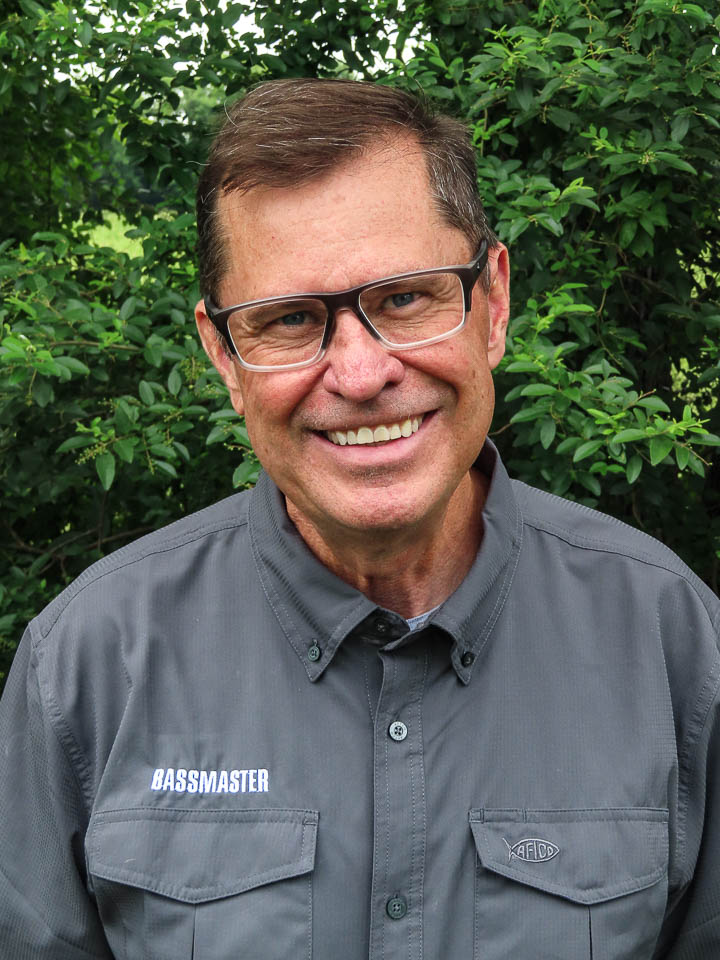
At Jackson Kayak headquarters you won’t find an office for the company president. Eric Jackson won’t have it any other way. Jackson designed the building without an office for himself.
Jackson, the head kayaker, follows a nomadic lifestyle that fits his way of doing business. He likes directly connecting with customers. As a world championship freestyle kayaker he’s done well with that segment. Now Jackson is shifting his attention to tournament bass fishing.
The kayak segment is experiencing explosive growth in bass fishing. Jackson Kayak is part of the reason. Fishing models outsell whitewater and recreational kayaks that drove sales dating to the company’s beginning in 2003.
Anglers are discovering that downsized tackle works for small boats in skinny water. Hence the reason why Jackson travels the country in an RV with a kayak on the roof and a bass boat in tow.
Jackson is rarely home, if there is such, and he rolls to work in the RV. Carving out time from whitewater events is giving way to time spent on the tournament trail. Jackson this year is fishing the Bass Pro Shops Bassmaster Southern Opens.
“It’s what I hoped would happen,” he says. “I’m moving my competitive energy to fishing the bass circuit and connecting with the anglers.”
Jackson’s competitive spirit serves him well in the endeavor. He’s won more men’s world championship titles, four in all, than any other kayaker in history of the sport. The Jackson family holds all but three of the whitewater kayaking world titles won since 2001.
A casual, mind-inspiring float down a scenic river wasn’t motivation for paddling into the big time. Jackson, a goal and thrill seeker, jumped into the deep end with a goal of qualifying for the U.S. Olympic team at age 19. It took five years of training to get there.
Representing the U.S. at the 1992 Olympics in Barcelona remains a personal highlight. Jackson’s kayaking career took off and he remains the sport’s single season all-tie money winner with $16,000 in winnings.
Clearly, you can’t make a living winning kayak championships like you can in bass fishing. Top cash prize in most events is about $1,500. That was motivation enough for Jackson to learn the business side of kayaking.
“I was a dirt bag kayaker but a motivated kayaker,” he recalls. “After the Olympics I didn’t know if there would be enough gas money to get from one event to the next.”
Jackson won his first world title at age 28. He soon learned how to make the gas money and then some.
Winning championships earned named notoriety. Kayak outfitters and dealers sought him for whitewater paddling seminars. He crisscrossed the country winning titles while inventing new maneuvers for freestyle whitewater kayaking. Bearing Jackson’s name are trick moves like the Splitwheel, the McNasty and the Lunar Orbit.
“That’s my passion, freestyle kayaking,” admits Jackson.
Paddling over and through waterfalls across the globe is his idea of fun. During winter the Jackson family paddles from Africa to South America. Recently, Jackson led a blind kayaker down Africa’s Zambezi River.
Whatever challenge stands in the way of Jackson, 52, is a waterfall waiting to be conquered. As a lifelong angler, Jackson credits his business with bringing him full circle in fishing.
Jackson doesn’t hide the obvious fact that selling kayaks is part reason why he’s at the tournaments. He wants it all, though.
“Bass boats have a place and so do kayaks in the same world,” he says. “There’s still a perception, though, that kayaks aren’t stable enough to stand up or practical for bass fishing.”
“I also have goals like other anglers in this game,” he adds. “Whether or not I’m good enough will happen over time.”
In the meantime, Jackson always has access to water where the big rig won’t float. That, he says, is truly what attracts him the most to the sport.

“We thought many times about making a fishing kayak but I just didn’t get it,” he says. “The only thing anybody in our world talked about was fishing the flats, you know for bonefish and all those saltwater species.”
The light bulb went off when conversations turned to combining a whitewater kayak with fishing features. The Coosa was born
“It clicked when we talked through modifying the design of a whitewater kayak for paddling slower moving water, like a river, and adding fishing features.”
“It was like, wow, I can go bass fishing in a whitewater kayaker,” he recalls.
“Our first fishing kayak came as a result of the features lacking in a regular kayak at the time,” he continues. “What we brought to the design was the concept of a higher seating position and stand up fishing to kayaks.”
Last year Jackson says the company sold 20,000 kayaks and 10,000 of those were fishing kayaks. Whitewater and recreational models combined for the remainder of sales.
Jackson doesn’t hide the obvious fact that selling kayaks is part reason why he’s at the tournaments. He wants it all, though.
“Bass boats have a place and so do kayaks in the same world,” he says. “There’s still a perception, though, that kayaks aren’t stable enough to stand up or practical for bass fishing.”
“I also have goals like other anglers in this game,” he adds. “Whether or not I’m good enough will happen over time.”
In the meantime, Jackson always has access to water where the big rig won’t float. That, he says, is truly what attracts him the most to the sport.

